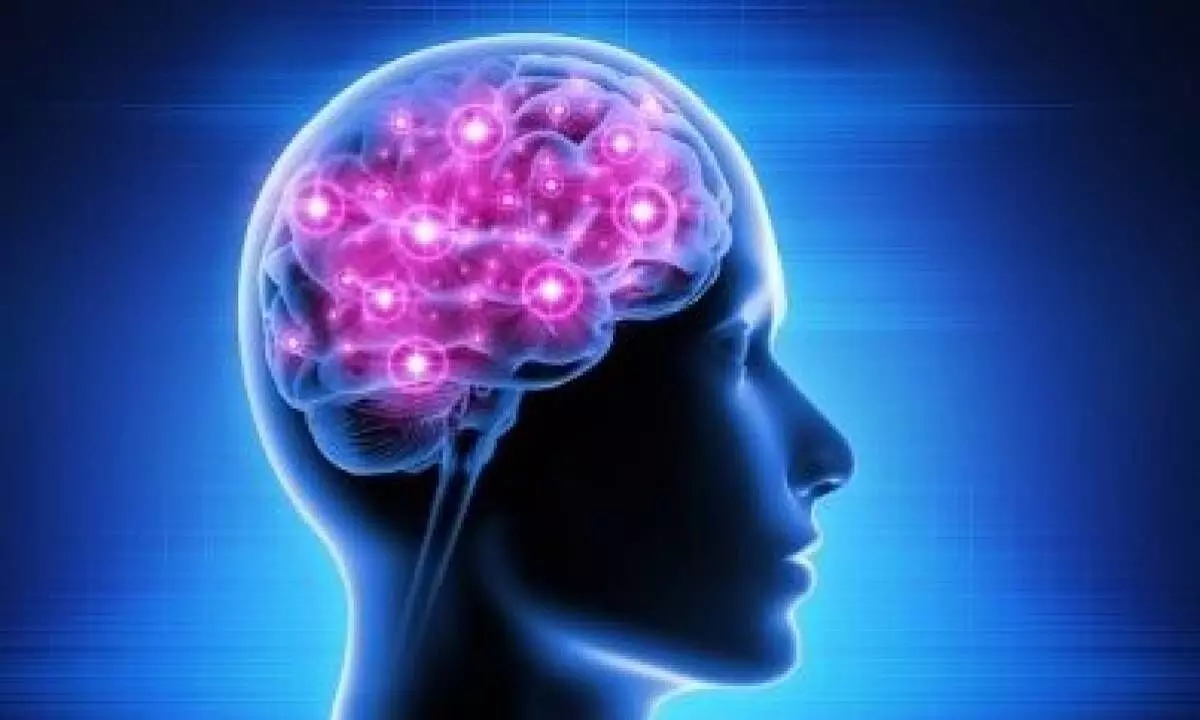Gene therapy shows promising results for brain cancer treatment
Therapy combining cell-killing and immune-stimulating drugs safe and effective in extending survival for patients with gliomas
image for illustrative purpose

New York Scientists have found promising early results that a therapy combining cell-killing and immune-stimulating drugs are safe and effective in extending survival for patients with gliomas -- a highly aggressive form of brain cancer.
Given gliomas' poor prognosis and limited response to treatments like chemotherapy and radiation, the team looked to using the adenoviral gene therapy. The therapy proved not only safe but also improved survival, reveals the study published in the journal The Lancet Oncology.
"Being able to move a novel therapy from bench to bedside in such a streamlined fashion is exciting, and represents a tour-de-force in translational medicine," said Oren Sagher, Professor of neurosurgery at University of Michigan.
In the phase 1 trial, the team focused on two types of genetic therapies in high-grade gliomas.
The first was a combination of HSV-1-TK -- a protein -- and Valtrex -- a drug used to treat viral infections like cold sores and chickenpox.
HSV-1-TK turns Valtrex into a cytotoxic compound that kills actively dividing cancer cells. The second was Flt3L -- a protein that recruits essential immune cells to the brain.
When used in combination, these therapies showed exciting early results, including improved survival. Of the 18 patients enrolled in the trial, six survived more than two years, three survived more than three years, and one patient, who is still alive at the time of publication, survived up to five years.
With current standard-of-care, the life expectancy for a tumour of this kind is just over 14 months.
Further, the study found that this treatment wasn't toxic to the patients, suggesting that the highest dose used in this trial could be used in future trials.

